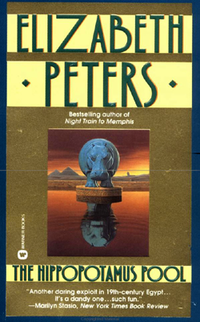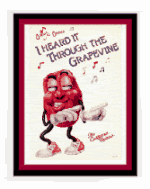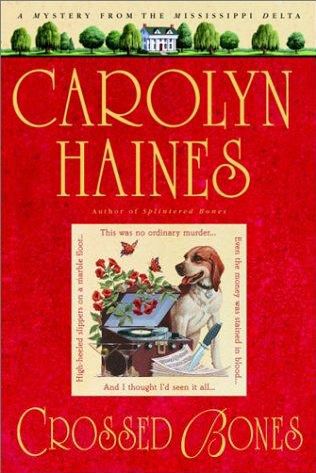
by Wayne Johnston
I didn't expect to like this book as much as I did. The novel is about Newfoundland and centers on Joseph
Smallwood, the real-life political figure who ushers the country through confederation with Canada and then becomes the first premier.
In writing a work of the imagination in part inspired by historical events, Johnston wanted “to fashion out of the formless infinitude of ‘facts’…a work of art that would express a felt, emotional truth... Adherence to the ‘facts’ will not lead you safely through the labyrinthine pathways of the human heart.” Johnston was 19 when he met the real Joe
Smallwood; he was just starting out as a journalist, and
Smallwood was less than complimentary about Johnston’s reporting. Although the politician died only in 1991, little was written about his life before the age of fifty, allowing Johnston some license to imagine his formative influences.
“I wanted to write a big book about Newfoundland in scope and in vision. I couldn't think of a bigger character whose life touched on more themes, involved the whole of Newfoundland more completely than
Smallwood did.”
Smallwood saw Newfoundland in terms of “unrealized talent and unfulfilled ambition”; his life was somehow emblematic of the land. Moreover, says Johnston, “He was so prone to making mistakes and so fallible, and he combines so many contradictions in his personality. His quest, like that of many great literary figures of the past century, is to overcome these divisions.” The completely invented character of Fielding, meanwhile, “is like me”, says Johnston. “I share her view of Newfoundland.”
The title of the book, Johnston says, evokes “the nostalgia Newfoundlanders have felt for the possibilities of the island, and that they still have for the future. Joe is always searching for something commensurate with the greatness of the land itself, but he can't find it, and it's driving him mad…Newfoundland is that kind of place. It makes you want to live up to the landscape, but on the other hand it offers you no resources to do so. There's always this constant yearning that at least for my part helped me to start writing.”
You can read more of
Johnston's essay about Unrequited Dreams by clicking on the link.
Johnston creates a larger-than-life character in
Sheilagh Fielding who counterbalances
Smallwood's smaller-than-life personality. It was their relationship that most engaged my interest. I was happy to discover that Johnston has written a whole novel about Fielding, titled The Custodian of Paradise. Next to Newfoundland itself, Fielding was the most complex character. She had depth, mystique, struggles and strength. Whereas
Smallwood lacked all those traits. And yet, on the surface he appears to be an upstanding citizen and she a
retrobait.
Most of the book is told in the1st person narrative with sprinklings of personal letters, Newfoundland history, and newspaper articles written by Fielding. I thought this was a very effective way of helping the reader understand Newfoundland better and to provide other views of events and people than just Smallwoods.
I would love to sit in on book discussion groups all across Newfoundland when they are discussing this book. The treats would definitely take a back seat to the lively and emotional discussion. To many in Newfoundland
Smallwood is a hero and to the rest he is a traitor. I can understand both sides. Actually, I would welcome a good discussion of this book with any bookclub.
I would like to have had a map of Newfoundland with major areas and cities highlighted and also a map of St. John's included in the book. I lived in St John's when I was little and visited there this summer, but was unfamiliar with the area called the brow. I am assuming it's the
peninsula of land where Ft Amherst Lighthouse is located.
I highly recommend this book. If you have any connection to Newfoundland it's a must. If you don't, I think you'd still be immensely satisfied.
 by Elizabeth Peters
by Elizabeth Peters
















